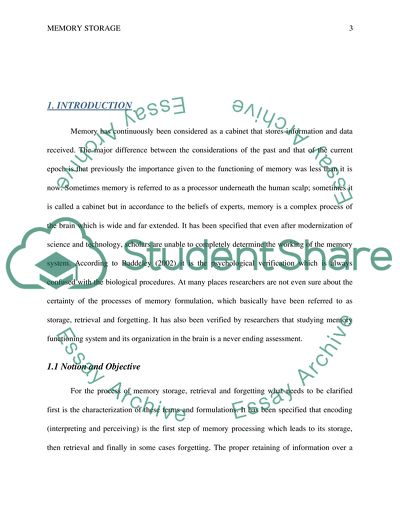Cite this document
(Properties of Human Memory - Storage, Retrieval, And Oblivion Research Paper, n.d.)
Properties of Human Memory - Storage, Retrieval, And Oblivion Research Paper. Retrieved from https://studentshare.org/education/1770083-human-memorystorageretrieval-and-forgetting
Properties of Human Memory - Storage, Retrieval, And Oblivion Research Paper. Retrieved from https://studentshare.org/education/1770083-human-memorystorageretrieval-and-forgetting
(Properties of Human Memory - Storage, Retrieval, And Oblivion Research Paper)
Properties of Human Memory - Storage, Retrieval, And Oblivion Research Paper. https://studentshare.org/education/1770083-human-memorystorageretrieval-and-forgetting.
Properties of Human Memory - Storage, Retrieval, And Oblivion Research Paper. https://studentshare.org/education/1770083-human-memorystorageretrieval-and-forgetting.
“Properties of Human Memory - Storage, Retrieval, And Oblivion Research Paper”, n.d. https://studentshare.org/education/1770083-human-memorystorageretrieval-and-forgetting.


